Why biodegradables won’t solve the plastic crisis
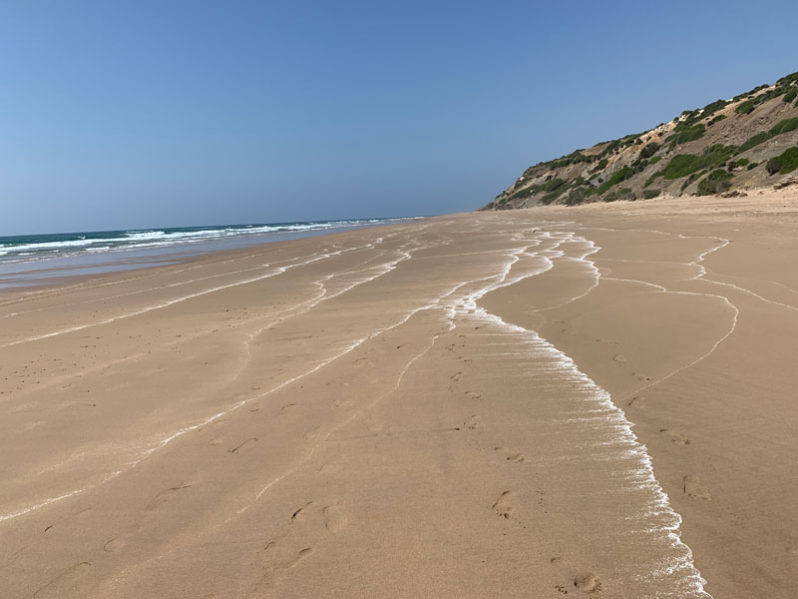
“Green” alternatives to throwaway plastics don’t always break down in sea water. But could they help to fix our food waste problem?
Can plastic pavement curb the world’s epidemic of plastic waste?
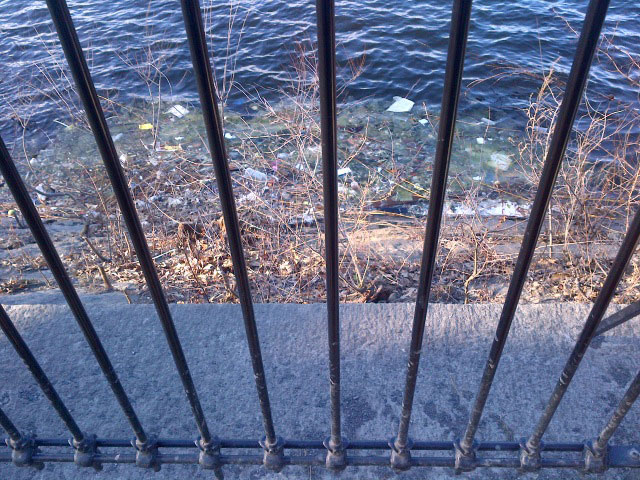
Ninety percent of the plastic we use ends up in landfills, or in the world’s oceans. Now, a Scottish firm has invented a way to recycle that hard-to-use plastic for a role that requires durability: paving roads and highways.
Sea levels to continue rising after Paris agreement emission pledges expire in 2030
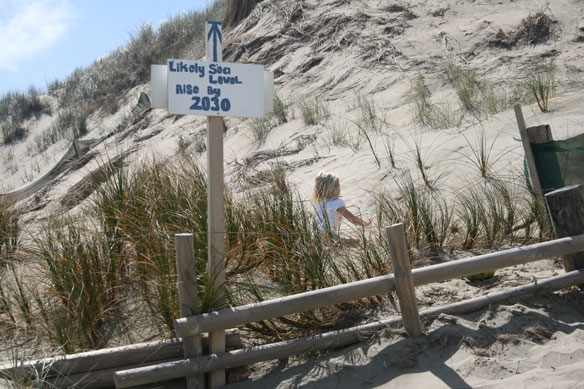
Sea levels will continue to rise around the world long after current carbon emissions pledges made through the Paris climate agreement are met and global temperatures stabilize, a new study indicates.
California King Tides Project: January 10-12 and February 8-9, 2020
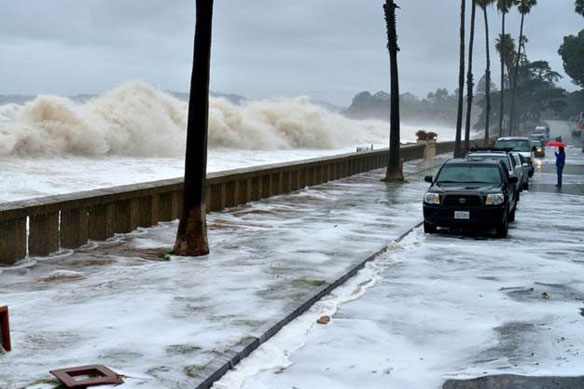
The California King Tides Project helps people visualize future sea level by observing the highest high tides of today. You can help by taking and sharing photos of the shoreline during King Tides to create a record of the changes to our coast from sea level rise.
Why does the Arctic have more plastic than most places on Earth?
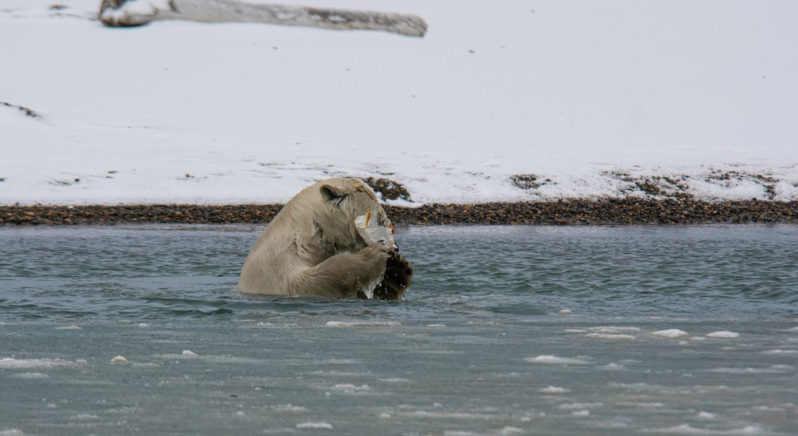
Here in the Arctic, hundreds of miles from the nearest big city, are some of the greatest loads of plastics on the planet. Studies find higher concentrations of microplastics in sea ice in these remote, high-latitude hotspots than in the five infamous ocean garbage patches.
Argentina could become ‘sacrificial country’ for plastic waste, say activists
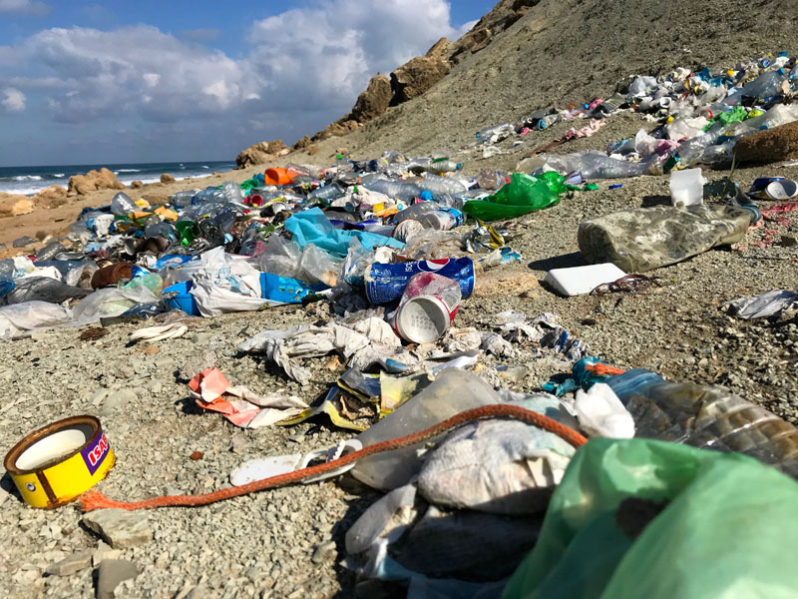
Argentina has changed its definition of waste in a move that could allow it to import millions of tonnes of plastic waste discarded in the US.
Artifishal, A Documentary; By Patagonia Films
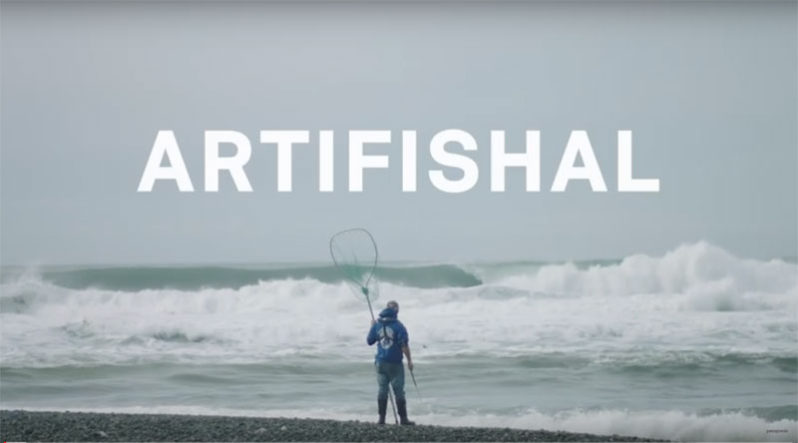
Artifishal is a film about people, rivers, and the fight for the future of wild fish and the environment that supports them. It explores wild salmon’s slide toward extinction, threats posed by fish hatcheries and fish farms, and our continued loss of faith in nature.
From Indonesia to Ingonish, some bones won’t stay buried
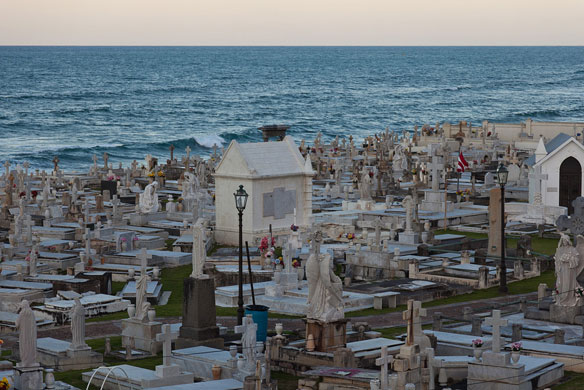
As seas and storms erode coastlines, cemeteries are giving up their dead.
Put wastewater improvements first in climate resiliency planning
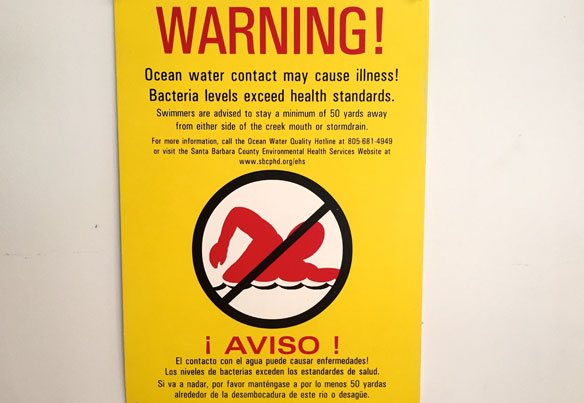
Sea-level rise makes wastewater planning even more important, writes scientist Rob Young.
